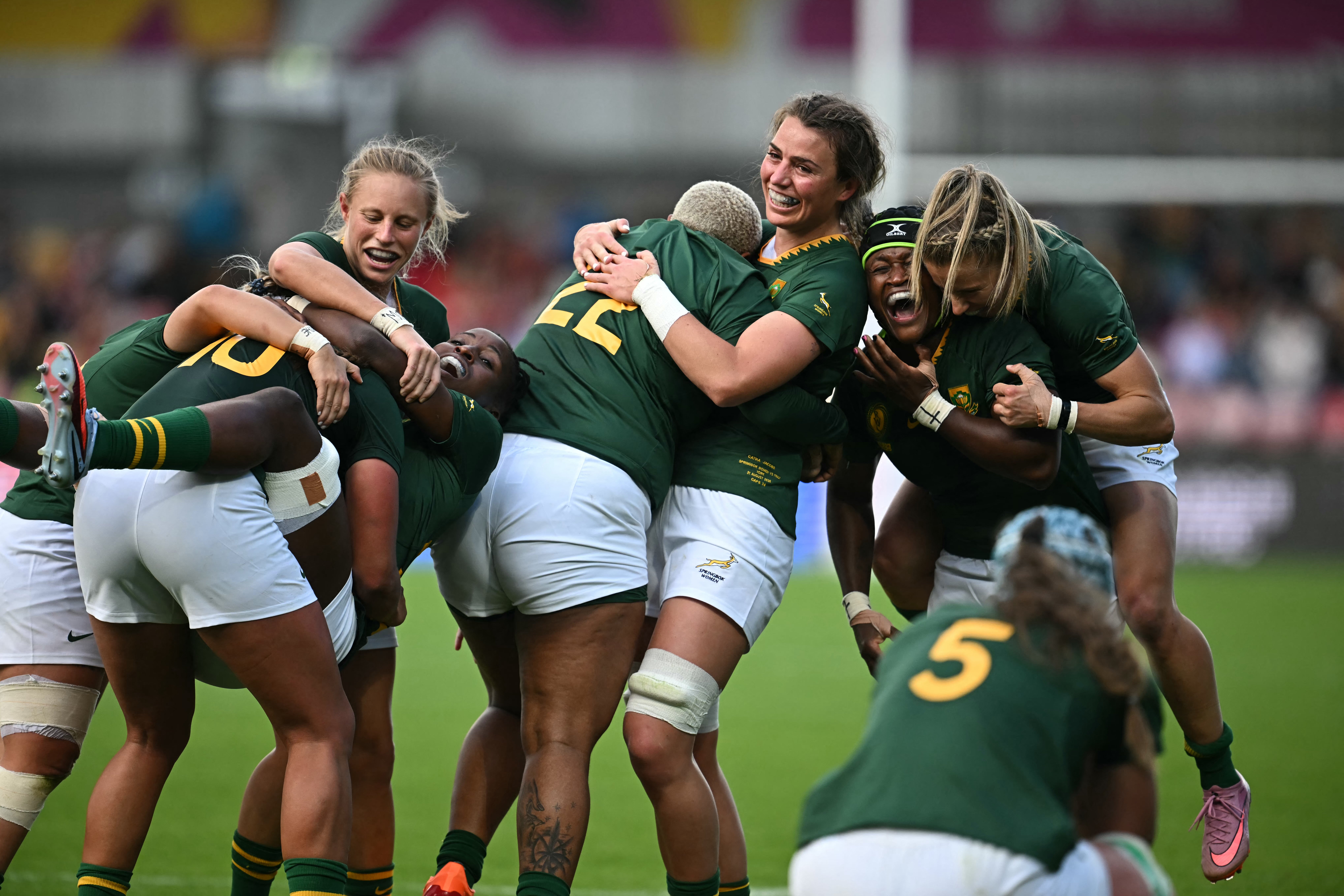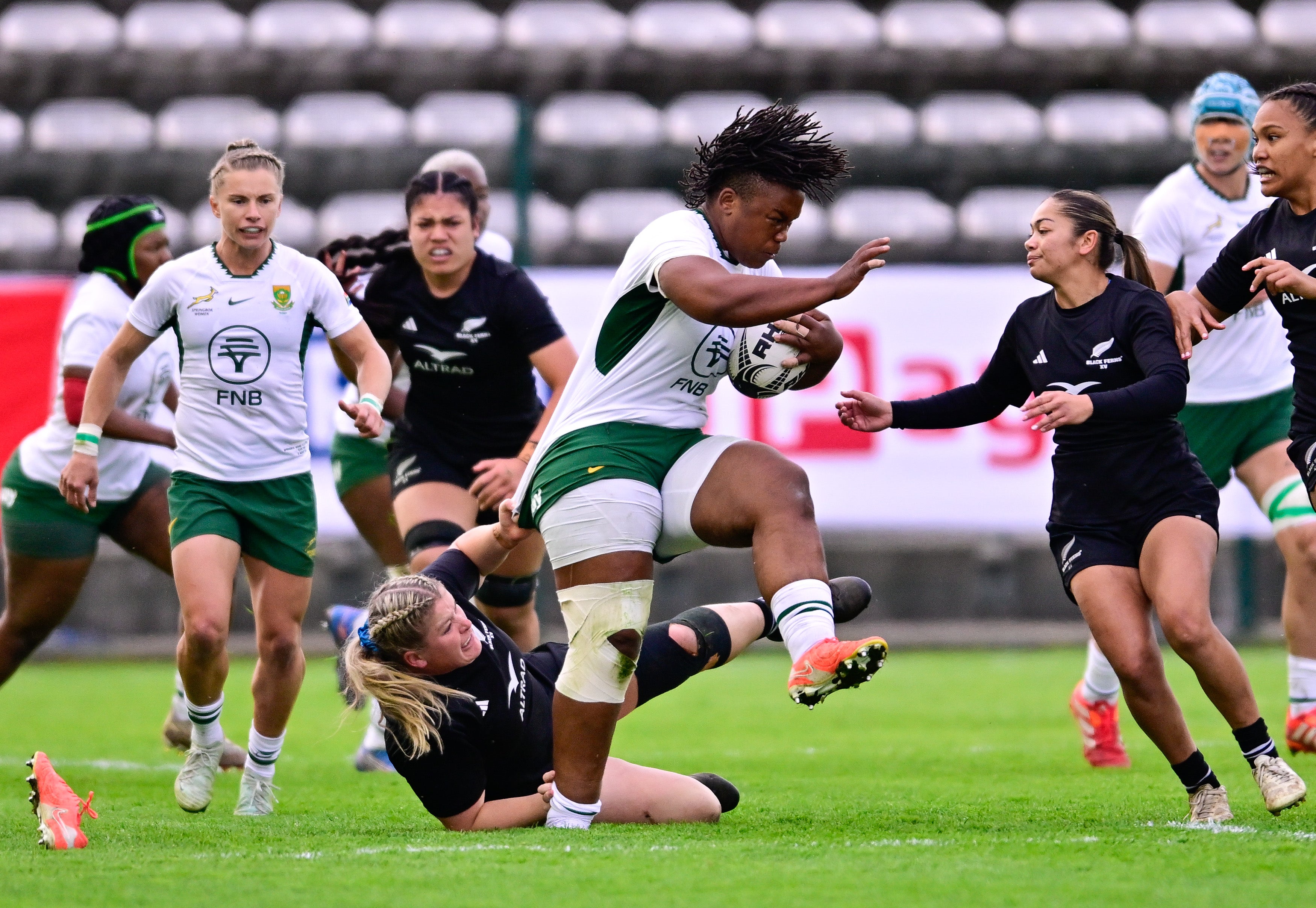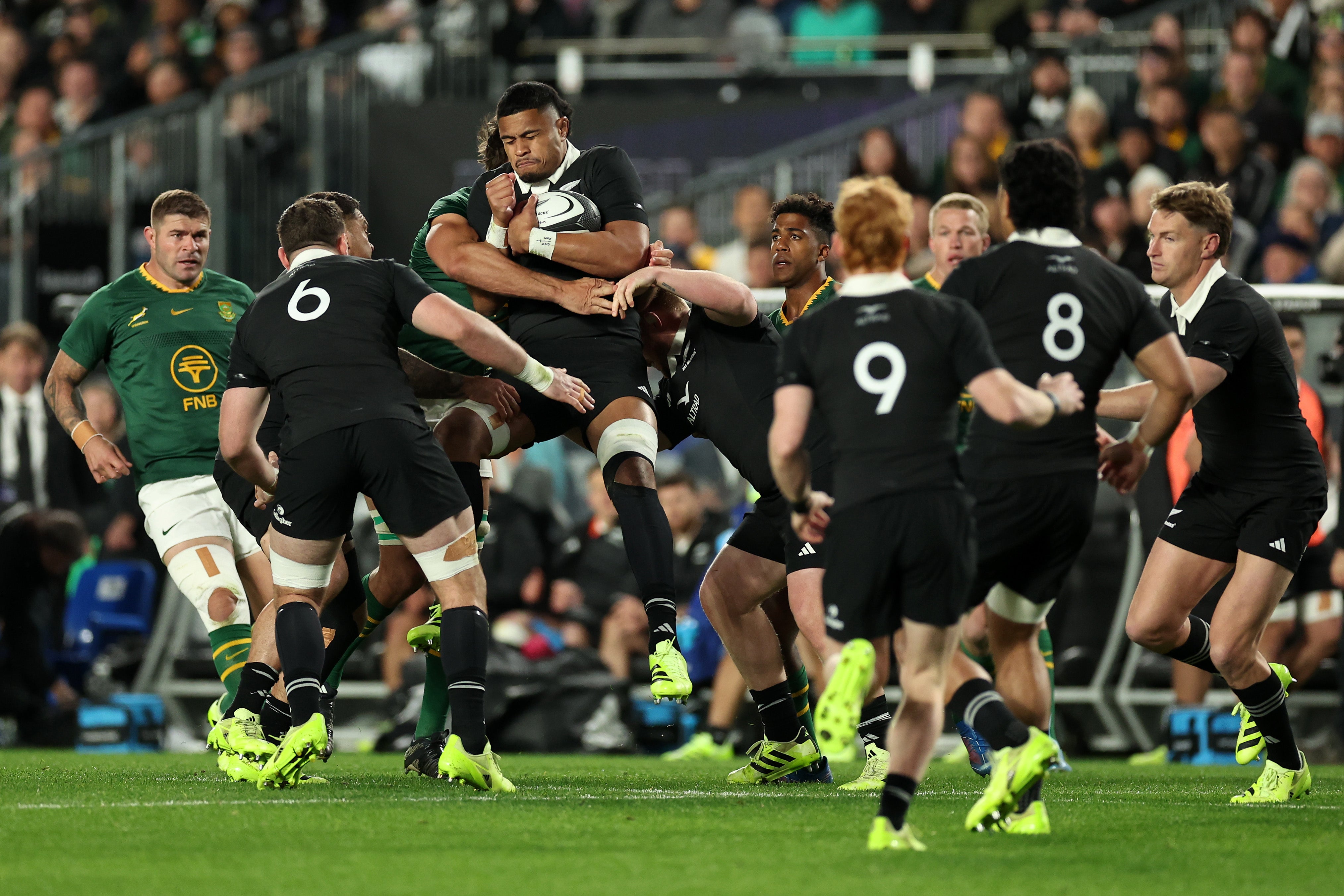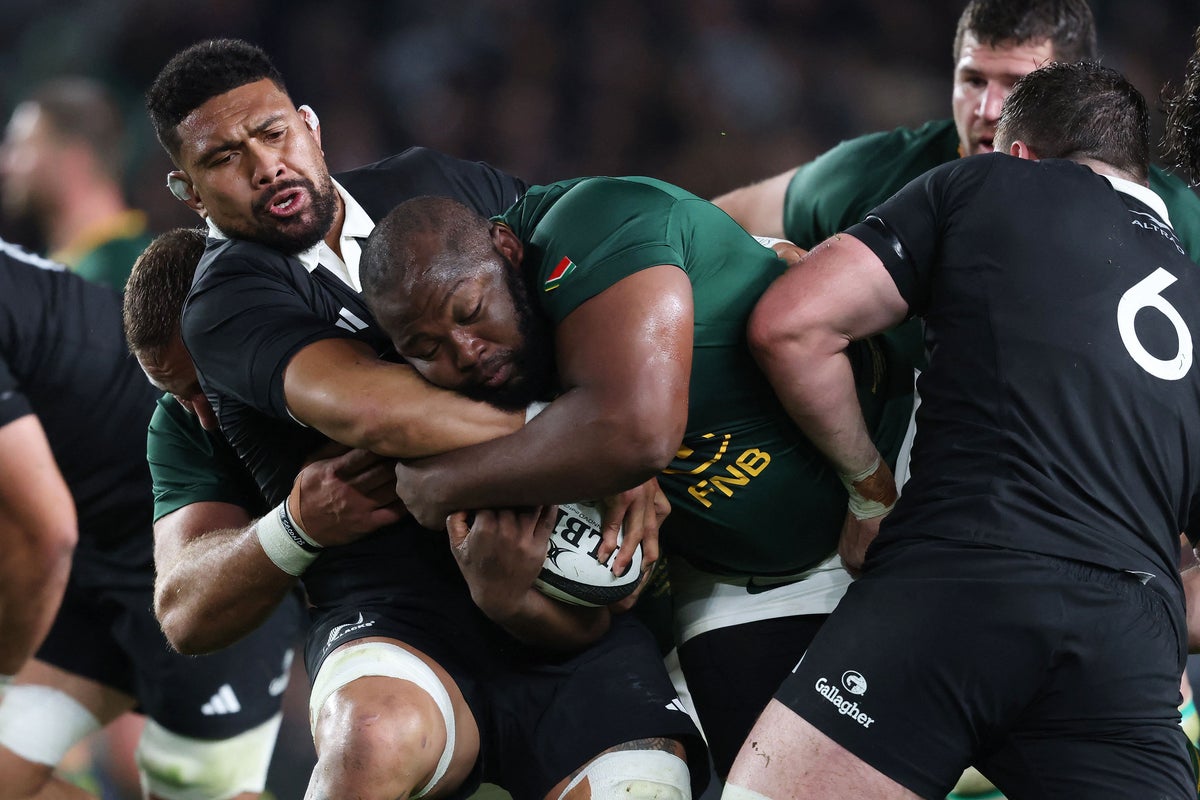Your support helps us to tell the story
From reproductive rights to climate change to Big Tech, The Independent is on the ground when the story is developing. Whether it’s investigating the financials of Elon Musk’s pro-Trump PAC or producing our latest documentary, ‘The A Word’, which shines a light on the American women fighting for reproductive rights, we know how important it is to parse out the facts from the messaging.
At such a critical moment in US history, we need reporters on the ground. Your donation allows us to keep sending journalists to speak to both sides of the story.
The Independent is trusted by Americans across the entire political spectrum. And unlike many other quality news outlets, we choose not to lock Americans out of our reporting and analysis with paywalls. We believe quality journalism should be available to everyone, paid for by those who can afford it.
Your support makes all the difference.Read more
The best part of 12,000 miles separates Exeter’s Sandy Park and Wellington’s Sky Stadium as a (presumably very tired) crow would fly, but on Saturday, the two arenas will provide the shared stage for a strange sort of sporting double-header. About three hours after the All Blacks and Springboks settle scores old and new in a men’s Rugby Championship clash, New Zealand and South Africa’s women’s sides will kick off the Women’s Rugby World Cup quarter-finals in a collision of contrasts that it is hoped will set the tone for the last-eight ties to come.
While their men’s sides are regular and fierce foes in the Rugby Championship and beyond, the rarity of meetings between the Black Ferns and the Springbok Women speaks to the difference in development of the other half of the game in the two nations. While Kiwis and Saffas jawed regularly over their respective World Cup records before the 2023 men’s final that saw South Africa edge ahead with a record fourth crown, New Zealand’s six women’s titles stand apart from a Springbok Women’s side that did not even enter the 2017 tournament.
But slowly, yet surely, things are changing, and a sleeping giant of women’s rugby is beginning to stir.
Senior figures at World Rugby have been pleasantly surprised by the rise of South Africa at this tournament, an upset of Italy securing their first-ever quarter-final berth and diversifying the last-eight line-up significantly. Under the unorthodox coaching of Swys de Bruin, South Africa have played intricate, imaginative rugby but also recognised their strengths – the power and guile of forwards like Aseza Hele and Sinazo Mcatshulwa marrying with the sevens skillsets of Ayanda Malinga and Nadine Roos.

open image in gallery
South Africa have been one of the stories of the 2025 Women’s Rugby World Cup (AFP/Getty)
There will be recognition, perhaps from even within the camp, that the World Cup journey will end on Saturday, yet the strides made could help unlock greater things for the nation’s women, many of whom have come from humble backgrounds. The work of influential former performance manager Lynne Cantwell, now back in Ireland, merits mention, while the hosting of the two editions of WXV2 so far in South Africa was a nod from World Rugby to the potential it believes the country offers. A revamped version of the annual tiered tournament is expected to be unveiled next week.
“Look at our year – we played the number two and four teams in the world, and on Saturday, we play the third-ranked side and defending World Cup champions,” assistant coach Laurian Johannes-Haupt said this week.
“Those matches were all critical in our development. That has been huge for us, and 2025 has already been a watershed year for the Springbok Women. We have the opportunity to make it even more special, and believe me, we will show up and represent everyone who backed us, those who are new supporters, and we will represent South Africa with everything we have.”
Credit must be extended to New Zealand, too, who provided a Black Ferns XV for two warm-up games ahead of this tournament – a 41-24 win in the second of them has been cited repeatedly by Springboks Women players as giving them the confidence they needed to bounce into this tournament.

open image in gallery
Two meetings with a Black Ferns XV ahead of the World Cup were vital for South Africa (Getty)
“We’re really excited to meet the South Africans; obviously, our men have a really strong rivalry with them,” Black Ferns co-captain Kennedy Tukuafu said on Sunday. “We’ve spoken about the courage that they will have. We’ll have to match up physically and get mentally tough.”
The gaping chasm between the pair in women’s rugby will, clearly, not be closed quickly, but the spirit of cooperation between the two nations extends into the men’s game, too. On the field, the ferocity of conflict was clear for all to see in an Eden Park thriller last weekend, but behind the scenes, the finishing touches are being put on a plan that will see the southern hemisphere’s defining rivals become even more familiar with one another.
As outlined before, a new touring agreement between the two nations will see New Zealand head to South Africa on a British and Irish Lions-style trip next year, with the Springboks returning the favour in 2030. A three-Test series, plus midweek games, is expected to be confirmed. Commercially, and in a sporting sense, the appeal is obvious – even if the ramifications for a Rugby Championship are still slightly unclear.

open image in gallery
South Africa are set to host a touring New Zealand next year (Getty)
As written previously in these pages, SA Rugby has even taken inspiration from the size of the All Blacks brand in attempting to develop its own Springboks identity, engaging an agency to try to cement its own global reputation. While officially an Argentina home fixture, Rassie Erasmus’s side will grace Twickenham again in the final round of the Rugby Championship and then Wembley, for a meeting with Japan, a month later; a standalone encounter with the All Blacks on European soil is likely next summer amid the broader plans for the series.
It remains a fascinating development at a time when SA Rugby’s ties with Europe are also tightening. At the start of this month, the union became the sixth shareholder in the United Rugby Championship (URC) four years after its four franchises joined the competition. With most Springboks now based in European competitions, it makes Erasmus’s job far harder – the majority of his squad now operate with a northern hemisphere club schedule and southern hemisphere international itinerary, creating natural pressures. It is partly for this reason that Erasmus rotates heavily, building necessary depth and ensuring appropriate rest – even if it can come at a cost.

open image in gallery
South Africa and New Zealand’s rivalry is one of men’s rugby’s fiercest (Getty)
Certainly, though, there will be a sense of the rugby world stopping and watching as a second meeting between All Blacks and Springboks begins. Just short of 25 per cent of New Zealanders watched the first clash on Sky Sports, and another million or more are expected to tune in on Saturday night. The hope is that some are convinced to stay up and watch the second helping from Exeter as a storied rugby rivalry writes an exciting new chapter.

